So finally, you have decided to take your large business online. After chalking out the flows and requirements your next step is to go looking for the best enterprise ecommerce solutions that can power your large business.
So, did you find the right one yet?
No- is your answer.
Wonder how we know?
Well, no secrets here anybody looking for an ecommerce software for large businesses with high-volume sales have faced this situation. While simple shopping cart solutions are available by a dozen, finding a turnkey solution for large scale businesses is a challenge nonetheless.
The one size fits all can still work for small and medium businesses but large businesses need a tailor-made solution. This is where some of the most touted enterprise ecommerce platforms fall short. Their rigid solutions fail to cope or become too complex to manage as the large businesses scale up in volume, operations and requirements.
Table of Contents
- B2C Vs B2B Enterprise Ecommerce Processes: How Are They Different
- Why You Need An Enterprise Ecommerce Platform Designed For Your Large Business
- Must-Have Features Of An Enterprise Ecommerce Platform For Large Businesses
- 5 Best Enterprise Ecommerce Software For Large Businesses
- How To Choose The Best Enterprise Ecommerce Platform For Your Large-Scale Business
B2C Vs B2B Enterprise Ecommerce Processes: How Are They Different
How does a simple online sale work?
Customers visit an online store, choose desired products, add to their carts, pay for it and the transaction is completed. The order is processed and delivered to the customers’ addresses.
Now think in terms of large wholesale businesses that deal with other businesses. Here the whole process becomes much more complex. The client is not a single person but a group of decision makers who check the product catalogues, request for a quote, negotiate multiple times to decide the final price and terms. Then the buyer sends a purchase order to the selling merchant, the seller fulfills the order and gets paid. The payment cycle is usually for 30-90 days.
Well it's pretty obvious that a simple enterprise ecommerce solution which might easily support a big fashion, FMCG or grocery online store may not be able to handle such requirements.
Why You Need An Enterprise Ecommerce Platform Designed For Your Large Business
Large wholesale businesses need a solution that can simplify and automate the processes while being easy to use at the same time. But how exactly do we define a large business? Is it just by the sheer size and volume of the orders? Or does the business have additional requirements to qualify as a large business?
Let’s see what makes a large business. Large-scale businesses that also have the following requirements are the ideal candidate for an enterprise ecommerce solution:
- Deal in multiple product lines or brands
- Have high-volume business
- Have wide client base
- Deals with other businesses in domestic and international markets
- Have multiple departments and complex operations involving production, sales, marketing, support etc.
- Have complex processes that can be simplified with automation
- Need real-time data connectivity to complete various processes
- Requires a secure-system multi-level security and granular roles
If you are running a business that has many or all of these requirements you certainly need an ecommerce software designed exclusively for such businesses.
Must-Have Features Of An Enterprise Ecommerce Platform For Large Businesses
Turnkey enterprise ecommerce software makes life easier for large business owners. It not only saves the efforts and cost involved in building a legacy software but also provides a robust and tested solution.
The key features needed in the ecommerce software for large businesses are:
- Scalability to support the multi-dimensional growth, i.e; products, users, clients, locations etc. of the business
- Flexibility to adapt and change according to the unique needs of the business
- Have customizable design templates to implement B2C like engaging design layout
- Offer ease of implementing personalized user experience through personalized landing pages, personalized pricing, unified notifications(push, SMS, email), personalized content etc.
- Offer seamless integrations for CRM, payment gateways, ERP, logistics and any other software needed to make processes better
- M-commerce advantage with a mobile ready enterprise ecommerce solution that works seamlessly on all mobile devices
- Builds fast-loading, high-performance sites that engage and convert better
- Offers top-notch security and inbuilt security tools and features like SSL, audit logs etc.
- Gives features multilingual website, multi currency payment options, custom invoicing, powerful tax engine that facilitate global expansion
- Inbuilt Multi-Store and Multi-Vendor solutions to experiment with most popular and successful ecommerce business models
- Automatic maintenance and upgrades that frees the business owners from the burden of handling the IT requirements
An enterprise ecommerce platform with the above features can take care of all the requirements of large businesses and help them register their brand presence in new markets.
5 Best Enterprise Ecommerce Software For Large Businesses
Now that we understand the requirements of the best ecommerce software, let us evaluate the top 5 enterprise ecommerce platforms for large businesses:
1. StoreHippo
StoreHippo is a mobile-ready SaaS-based turnkey ecommerce platform for very large businesses with unique workflows and requirements. The DIY ecommerce platform uses next-generation technology to build cutting edge enterprise ecommerce solutions for big brands.
StoreHippo offers an omnichannel solution to large brands by offering an inherently scalable and extremely flexible ecommerce software. The platform can be tweaked inside out to accommodate the varied requirements of high-volume businesses. StoreHippo is a fully hosted and managed ecommerce platform and is suited for novice users as well as seasoned developers.
StoreHippo enterprise ecommerce platform offers 99.99% uptime with peak load tolerance. The solution has all the necessary features needed by large businesses which include, pricing overrides, minimum and maximum order quantity, wholesale and retail pricing, enquiry generation forms, customized checkouts and invoicing, bulk order processing etc.
Designed grounds-up on the mobile-first principle all the stores powered by StoreHippo are PWA. Simply put, when opened in any browser, your online store works just like a native app ensuring a seamless user experience. With SPA and MEAN stack as the core of its architecture, StoreHippo builds lightweight stores which are much faster than legacy software built on outdated technologies.
Unlike the plugin and extension based architecture of other enterprise ecommerce platforms, StoreHippo offers 300+ inbuilt features to handle every aspect of a large scale business. This does away with the need to buy additional apps and plugins to add advanced functionalities to your online store.
StoreHippo also offers headless commerce solutions that help large businesses create a variety of customer touchpoints. The decoupled architecture makes it easy to make changes in the frontend or the backend without disturbing the overall flow.
StoreHippo’s enterprise ecommerce solutions also have native support for a variety of trending ecommerce models like multi vendor marketplace, multi-store, multilingual website and multi-currency payments. The platform builds secure sites with free SSL and helps you add an additional layer of security with audit logs.
StoreHippo is an SEO-friendly platform that helps you build your brands and optimize your site for better traffic and conversions. Along with this, you also get inbuilt marketing tools, blog engine, customizable themes with multilingual support and a powerful tax engine with full GST support.
StoreHippo enterprise ecommerce platform offers easy integrations with a variety of third party software for CRM/ERP/ mass mailing etc. You also get integrated payment gateways and discounted and automated shipping solutions to streamline your deliveries. With its white labelling feature you can opt to build your brand presence by customizing your admin panel and other brand notifications etc.
On the flip side, you can get all of these features only if you opt for the Enterprise or custom plan designed for large-businesses.
2. Magento Commerce
Magento’s Commerce is mainly an on-premise enterprise ecommerce solution for large businesses. However, one can also opt for the cloud-based Magento Commerce solution. Magento helps large-scale businesses build their ecommerce website using a lot of third-party extensions for various features and functionalities.
Magento Commerce comes with a variety of features to manage products, inventory etc. for high-volume businesses. It also offers a good multi-store solution for brands with multiple product lines or business in different locations.
Magento’s developer community is quite strong. This makes it easy to find fixes and workarounds for your large-scale business’s unique requirement while using Magento Commerce enterprise ecommerce solution.
While this is an advantage, on the flip side, Magento is difficult to handle for novice developers. You will need developers who have already worked on Magento solutions for large enterprise businesses.
Some Magento users also had to migrate to other solutions as the platform becomes slow and buggy when your business scales up rapidly. Magento security issues also remain a perennial woe and regular security breaches are reported by the users.
Another major issue with Magento is that the platform upgrades every few years. So, you are left with only two options, either go with cumbersome and painful migration or get stuck with an old, unsupported and outdated platform.
3. Shopify Plus
Shopify Plus is the enterprise ecommerce solution offered by Shopify. Designed for large businesses, Shopify Plus offers a SaaS-based hosted solution that has all the features to set up an online store for any size of business. Along with the regular ecommerce features, Shopify Plus also offers support for payment gateways. The platform has inbuilt SEO features and marketing tools.
Shopify Plus is designed on an app based architecture. This means you would need multiple apps to implement high-end enterprise solutions for multi-vendor marketplace, multilingual websites, multi-currency payments etc. Also, if you want to build multiple storefronts you will have to pay different subscriptions and build different sites with their separate admin panels.
So, while using Shopify Plus enterprise ecommerce solution you would need a developer or developers who know how to sync various third party apps. Also, your IT team would need a fair understanding of Shopify’s Liquid to manage and implement any changes to your large business’s online store.
Shopify Plus customers complain about the limited themes which makes it complex to implement custom designs. Despite being an apps-based infrastructure, Shopify has fewer apps when compared to similar enterprise ecommerce platforms that offer better customizations.
Shopify’s infrastructure is supported by apps, which means you go on adding new apps for every new feature you need. This makes the whole architecture rather slow, complex, slow and difficult to manage.
Users with multinational brands also face issues with tax-support, compliance etc.
4. Salesforce Commerce Cloud
Salesforce Commerce Cloud which was called Demandware in its former avtar offers enterprise ecommerce solutions for high volume businesses. The SaaS-based ecommerce platform gives large businesses a launchpad to go online quickly.
Salesforce Commerce Cloud offers automation, easy to manage inbuilt tools, simplified customizations and efficient management of large scale businesses. The platform is scalable and has inbuilt tools for AI-driven personalizations.
Salesforce Commerce Cloud is auto-upgradable and offers scalability along with automatic maintenance.
However, users have issues with the enterprise ecommerce platform’s interface and find it cluttered. Also, the sessions freeze too frequently making it difficult to work. The APIs customization is complicated and any big changes might go out of control in scope and cost if not handled by experts.
The developers complain of a steep learning curve and Salesforce Commerce Cloud community support. Also, you would find very few development and agency partners who have the expertise of handling Salesforce development and integrations.
Some users have also faced issues due to limited data storage capabilities. Salesforce eventually becomes expensive as you go for frequent upsells to other solutions within the framework.
5. SAP Hybris or SAP Commerce Cloud
SAP Hybris which is now known as SAP Commerce Cloud offers enterprise ecommerce platform for large-scale multinational businesses that deal in multiple product verticals. It is cloud based, as the name suggests, but can be easily adapted for on-premise installations.
SAP Hybris offers native support for complex catalogues, customized price quotes, differential pricing and other requirements of large businesses. The enterprise-grade solutions are very adaptable and suit the requirements of businesses with multinational presence and handling multiple brands or product lines.
However, this enterprise ecommerce solution can be handled only by professional and trained developers who can take care of your development, upgrades and maintenance. The model is designed for developers and hence is complex for new users. Also, it is not very adaptive to changes as coding remains a pain for first-time developers.
The speed of sites powered by SAP Hybris is rather slow when compared to other similar platforms.
Many users have issues with the pricing as there is no uniform pricing and one has to negotiate individual pricing quotes for the products your business needs. Also, extensive customizations can become costly when compared to other similar enterprise ecommerce platforms.
SAP Commerce Cloud also lacks analytics and reporting capabilities for a software of this scale.
How To Choose The Best Enterprise Ecommerce Platform For Your Large-Scale Business
Much of your success or failure depends on the software solution that supports your large business. Finding the best-fit solution needs a well researched approach so you can make an informed decision. While reviewing each of the potential enterprise ecommerce platforms
You have to consider the various aspects of your business, budget and the way it will change the efficiency of your processes.
To help you choose the most suitable ecommerce software for your large business we have given a detailed and updated list of hits and misses of each of these platforms. However, before you make the final choice, make sure to get in touch with the experts of these platforms and ask as many questions as you can.
Ready to explore your enterprise ecommerce solution providers? Begin from the first in the list, book your StoreHippo free-demo right away!
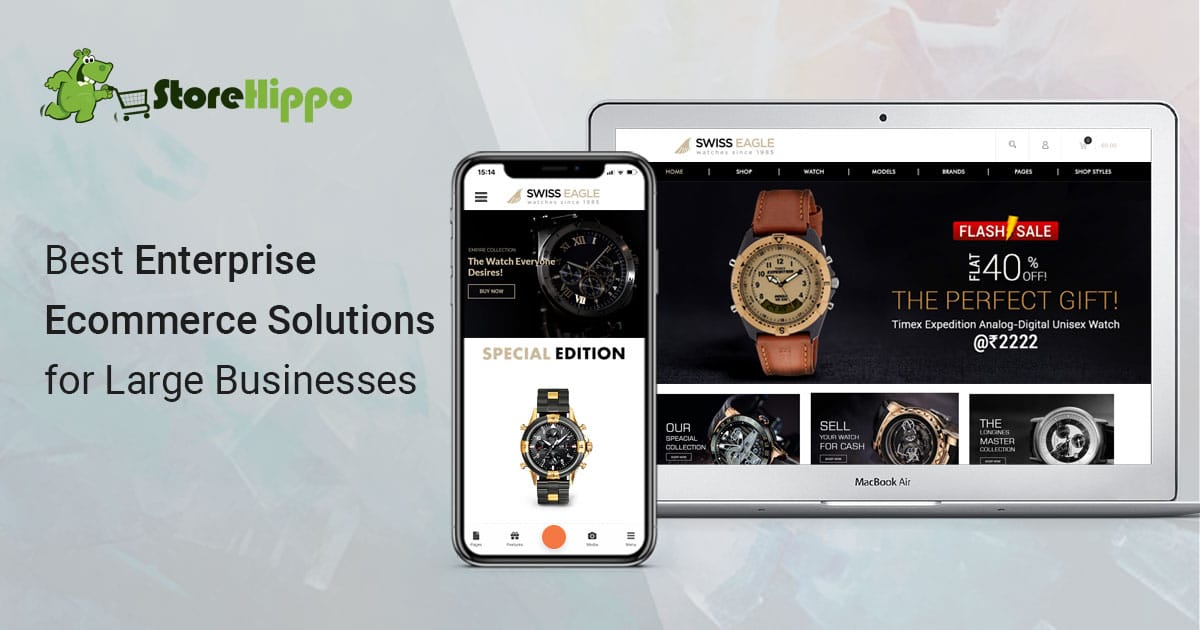














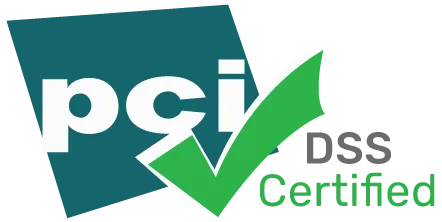
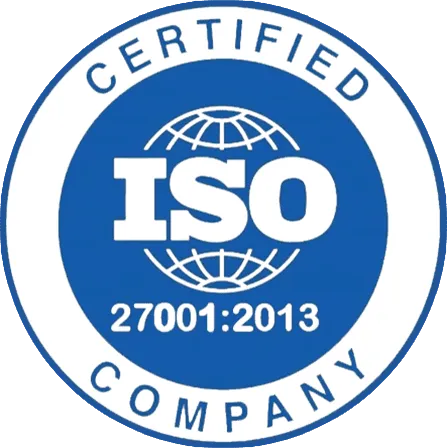

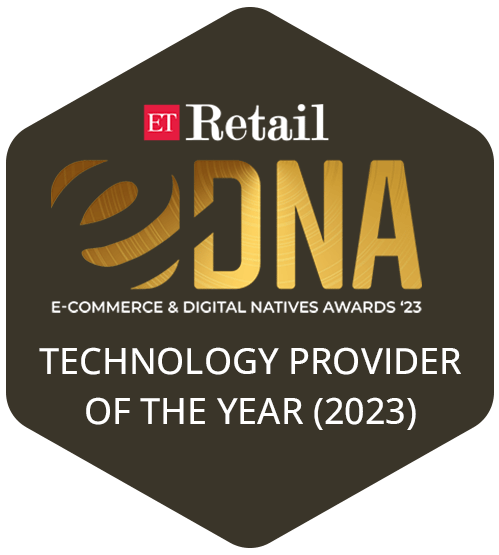

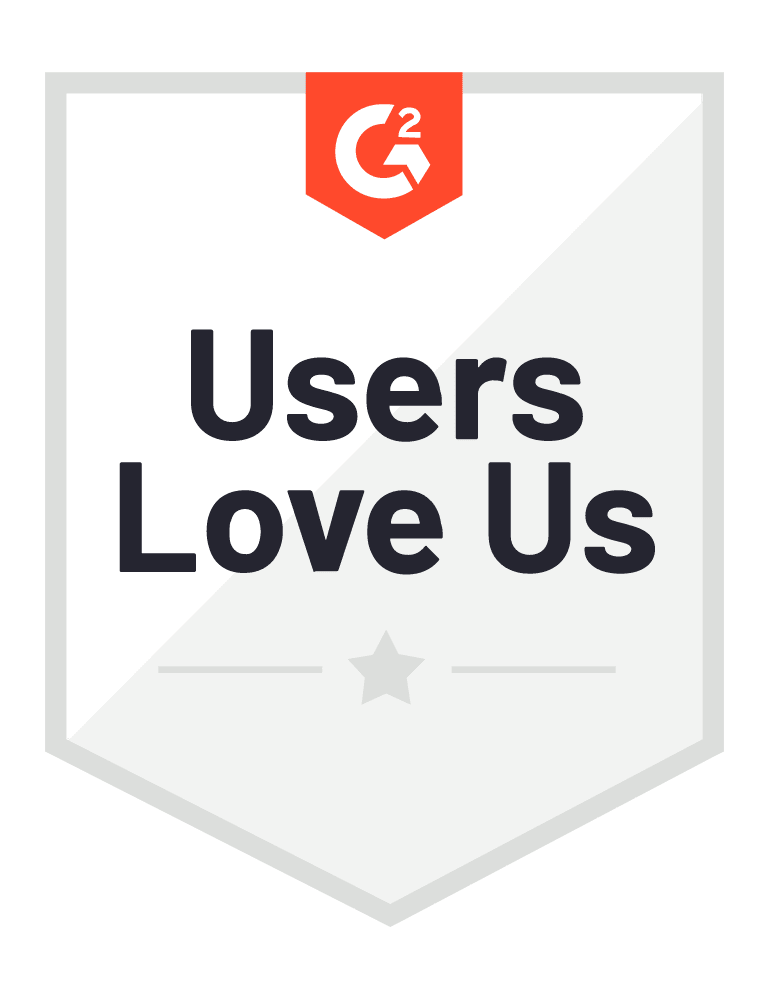
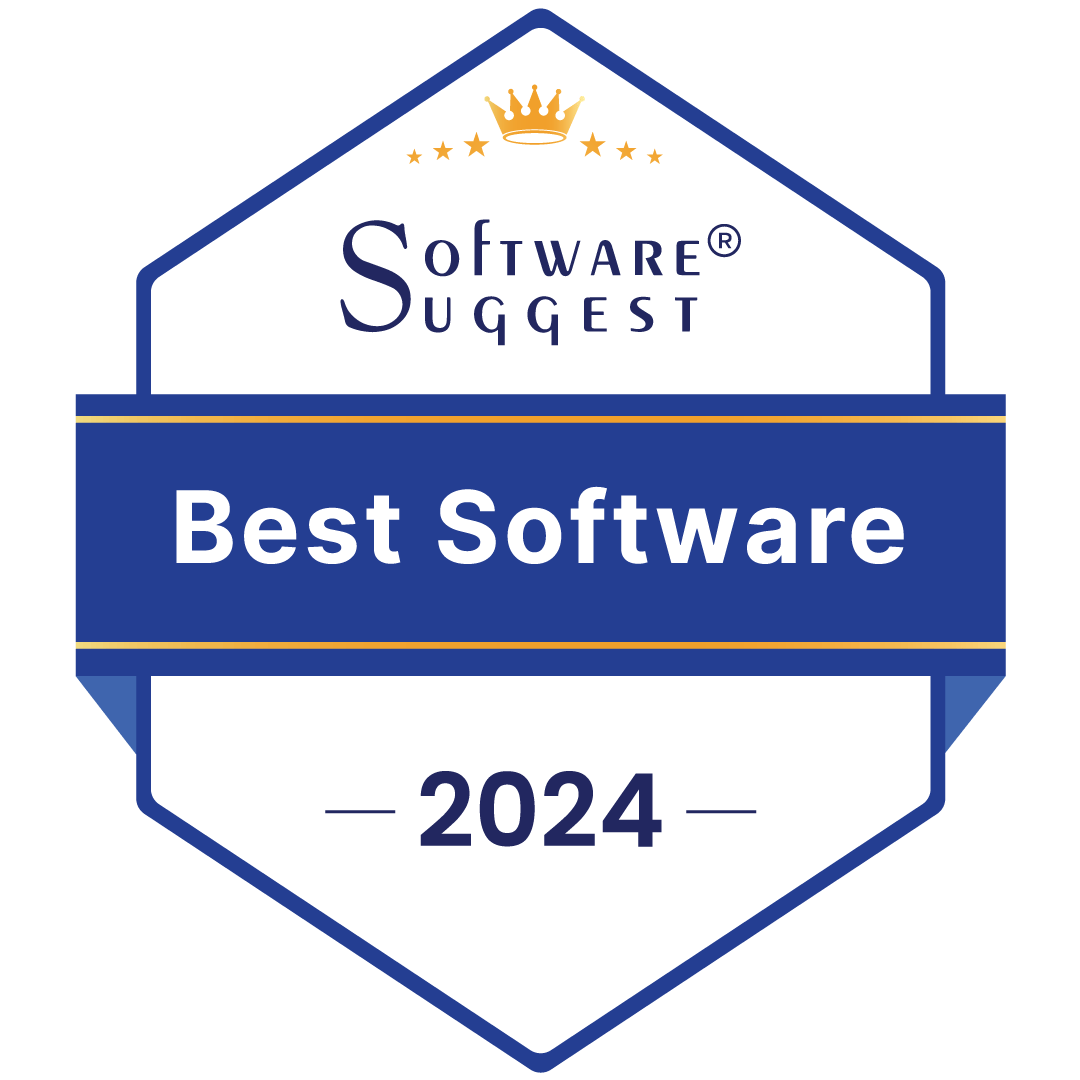
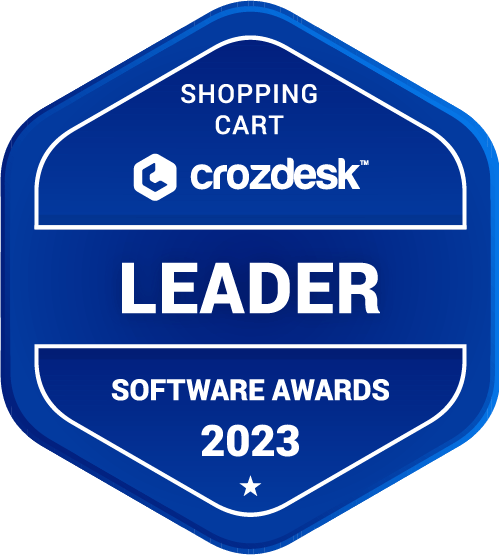
Leave A Comment